What I Wish I'd Known Before Applying to Culinary School

Was culinary school really worth it? I asked myself this question every morning in the kitchen, as I julienned onions, prepping mirepoix for 40 litres of chicken stock. Seher Shodhan takes us inside the hallowed halls of the Culinary Institute of America, and share the raw, unfiltered truths she wishes she’d known before donning the chef’s whites.
At 13, I knew with absolute conviction that I wanted to be a professional chef. At 19, I found myself standing in the hallowed halls of the Culinary Institute of America in New York, ready to conquer the culinary world. Now, at 25, I have no idea what I’m doing with my life — every grad student’s dream, am I right?
Was culinary school really worth it? I asked myself this question every morning in the kitchen, as I julienned onions, prepping mirepoix for 40 litres of chicken stock. Culinary school promised a world of creativity, Michelin-starred dreams, and chef whites. But the reality? It was an intense boot camp of precision, discipline, and broken and burnt eggs — lots of them. If you’re wondering whether to spend big bucks on a fancy culinary school, here’s the raw truth.
But before I dive in, let me be clear — this is just my story. Everyone’s experience at the CIA is different, and I’m hardly qualified to speak for anyone else. This is simply the information I wish I’d had before making my decision.
Let’s begin with the Good
Waking up at 5 am every day does something to your soul — and I mean that in the best possible way. Although my alarm still triggers a fight-or-flight response, I was always out of bed by the second ring. Our chefs made one thing very clear: be late, and you will pay for it (in the form of docked points and a berating in front of the entire class). Punctuality wasn’t just expected; it was demanded. Showing up on time (or better yet, early) becomes second nature; a lesson that extends far beyond the kitchen. Whether it’s a 4 am bread shift or a dinner service running past midnight, culinary school ingrains an almost militant level of discipline that serves you well in any professional kitchen.
“Work as if there is a fire lit under your behind,” our instructors would say. (Well… except they didn’t really say ‘behind’). If you were slow, you were left hanging at the bottom of the rung. Imagine the entire class finishing their dishes while you’re still struggling; your fifth attempt at the perfect French omelette. (Egg day still gives me nightmares). That humiliation fuelled me to work faster and push myself beyond what I thought I was capable of. There was no room for hesitation—every second counted. You either kept up or got trampled in the chaos of the kitchen, and the kitchen really does not wait for anyone.
And the only way to get faster? Master the technique. The first few weeks in Culinary Fundamentals (or Fundies), we were barely cooking — we were cutting juliennes, batons, batonnets, medium dice, small dice, and brunoise. Our chef walked around with a scale, actually measuring each piece to ensure precision. At first, we had 90 minutes to complete our cuts. Then an hour. Then 45 minutes. Eventually, just 15. Speed wasn’t the main goal, but accuracy. And once the technique clicked, the speed followed naturally.
There was honestly no shortcut to getting it right. I spent hours outside of class in the learning commons, sacrificing way too many potatoes (not my proudest moment, but necessary) to perfect my cuts. At some point, it became muscle memory. You can watch all the YouTube tutorials in the world, but nothing replaces hands-on practice under a trained chef’s scrutiny. If you want to build a rock-solid foundation, culinary school delivers.
A frustrating reality
If you’re expecting Masterchef Australia-style mystery boxes, high-stakes team challenges, and replicating impossible dishes, brace yourself for disappointment. Instead? Hours spent memorising terms like bouquet garni, remouillage, demi-glace, and concassé. My first few weeks felt more like a vocabulary test than culinary training.
Okay, fine—I wasn’t expecting to sear duck confit on day one. But class after class, most of what we cooked felt... uninspiring. Case in point: a pea terrine in Garde Manger — a gelatinous, neon-green slab that looked (and tasted) like a culinary mishap. Yes, I know, food shouldn't be judged so harshly, but I still don’t understand its purpose.
Sure, technique is important, but the relentless focus on rigid French fundamentals meant that creativity took a major backseat. The few chefs who encouraged originality were unicorns—often spoken of, rarely seen. So, straying from the recipe? A major no-no.
And while we’re on the topic — the ‘Indian cuisine’ section consisted of saag paneer and something vaguely labeled ‘curry.’ Because apparently, that’s the sum total of an entire nation’s food culture.
When I finally moved on to the business portion of my degree, with courses like Managerial Accounting, Food Marketing, and Menu Planning, I thought I’d be preparing for entrepreneurship — learning how to run a restaurant, build a brand, maybe even launch a food empire. Instead, I got professors reading straight off decade-old PowerPoint slides and handing out generic worksheets. Half of it was just a rehash of high school business and economics.
Where were the real-world case studies? The deep dives into how modern restaurants actually operate? By the time my last semester rolled around, I couldn’t shake the feeling that I didn’t deserve my degree—because, honestly, a high school diploma would have sufficed.
An unexpected surprise
I’m not going to lie, after my first two semesters, I felt like I had made a mistake. My confidence was at an all-time low—I barely managed B’s and C’s in most classes (a cardinal sin to someone who had always been a straight-A student), barely passed my practical exam, and was convinced I simply wasn’t good enough to be a chef. Culinary school does that to you. And then came Nix.
I was shocked to land an internship at a one-Michelin-starred restaurant in New York, but I had already resigned myself to being just average. I did realise one thing though, you can memorise recipes, pass exams, and perfect your knife cuts, but none of that prepares you for the absolute sh*t-show that is weekend service. Three weeks in, my chef trainer got fired. Suddenly, I was alone on the Garde Manger station during peak dinner rush, sweating bullets while the tickets piled up. It was trial by fire, and I had no choice but to survive.
Somehow, I did.
My executive chef and sous chef — bless their souls — believed in me even when I didn’t. For the next month and a half, I ran that station solo, prepping and plating cold appetisers and desserts like my life depended on it. Not only did I hold my own, but I even trained the new hire when they finally found someone to replace my former chef.
That’s when it hit me: culinary school doesn’t teach you your worth. The industry does. Could I handle the heat in the kitchen? Possibly. But did I want to?
The answer was glaring back at me: No thank you
I realised that as much as I loved cooking, I didn’t want to spend 12+ hours a day, almost 7 days a week, stuck in the relentless grind of a professional kitchen. When I applied to the CIA, I was dead set on becoming a chef. That was the goal. But after 3.5 years of crying in the walk-in, accumulating cuts and burns, and questioning my life choices, I realised—this wasn’t my place.
And honestly, the realisation was liberating.
Because while my business classes left me high and dry, my electives opened up an entirely new world. Suddenly, I saw that being a chef wasn’t the only path in food. I could be a food writer, bartender, barista, food stylist, gardener, sommelier—hell, even a server. There was no shame or stigma in choosing a different direction. In fact, it was encouraged.
It was the education I had been waiting for — one that finally made me excited to learn. Courses like Food Anthropology, Food Photography, and Beverage Management felt worlds apart from the grueling monotony of kitchen drills. My Food Writing professor had a knack for unearthing the quirkiest, most engaging articles, and we’d spend an entire class dissecting every sentence, figuring out what made it tick.
And then there was Art & Science of Brewing — where we actually brewed our own beer on campus. Our final project? Creating a unique beer flavour from scratch. My group went all in on a chai-spiced porter, and it was more than just a fun experiment. It pushed us to think outside the box, combining research, knowledge of beer, an understanding of flavors, and even market research. In many ways, it was more stimulating than any of my kitchen classes—because it wasn’t just about following instructions, but about creating something entirely our own.
This was what I had signed up for. This was the buffet of opportunities I wanted—overwhelming, exciting, and full of possibilities. Sadly, I barely got a taste of this, before I was suddenly graduating and being thrust out into the real world.
So, was Culinary School worth it?
I wish I had a definitive answer for you. The years since graduation have definitely not made me wiser, but what I can say is this: it depends (I promise I’m not taking the easy way out with this answer). If you want a structured, rigorous foundation in classic technique, absolutely go for it.
If you need discipline drilled into you, culinary school delivers. Here’s my advice, though—work in a real kitchen before enrolling. Too many freshmen walk in expecting a glamorous experience, and walk out when they realise it’s more sweat, burns, and being yelled at constantly, than fancy plating with fancy tweezers.
But if you’re looking for innovation, if you dream of pushing creative boundaries, if you don’t need the degree to break into the industry, then you are probably better off working your way up in a real-life kitchen, traveling, and learning hands-on.
Culinary school certainly didn’t give me all the answers. But it did teach me something invaluable: I didn’t have to be a chef to be in food. It opened up a world of opportunities that I didn’t know I had. For me, that realization made every 5 am wake-up call worth it.
Seher Shodhan is a Culinary Institute of America graduate, currently navigating the exciting (and sometimes confusing) landscape of the food industry. When she’s not indulging her coffee snob tendencies or getting lost in a good book, she's eager to discover her next culinary adventure.
ALSO ON GOYA
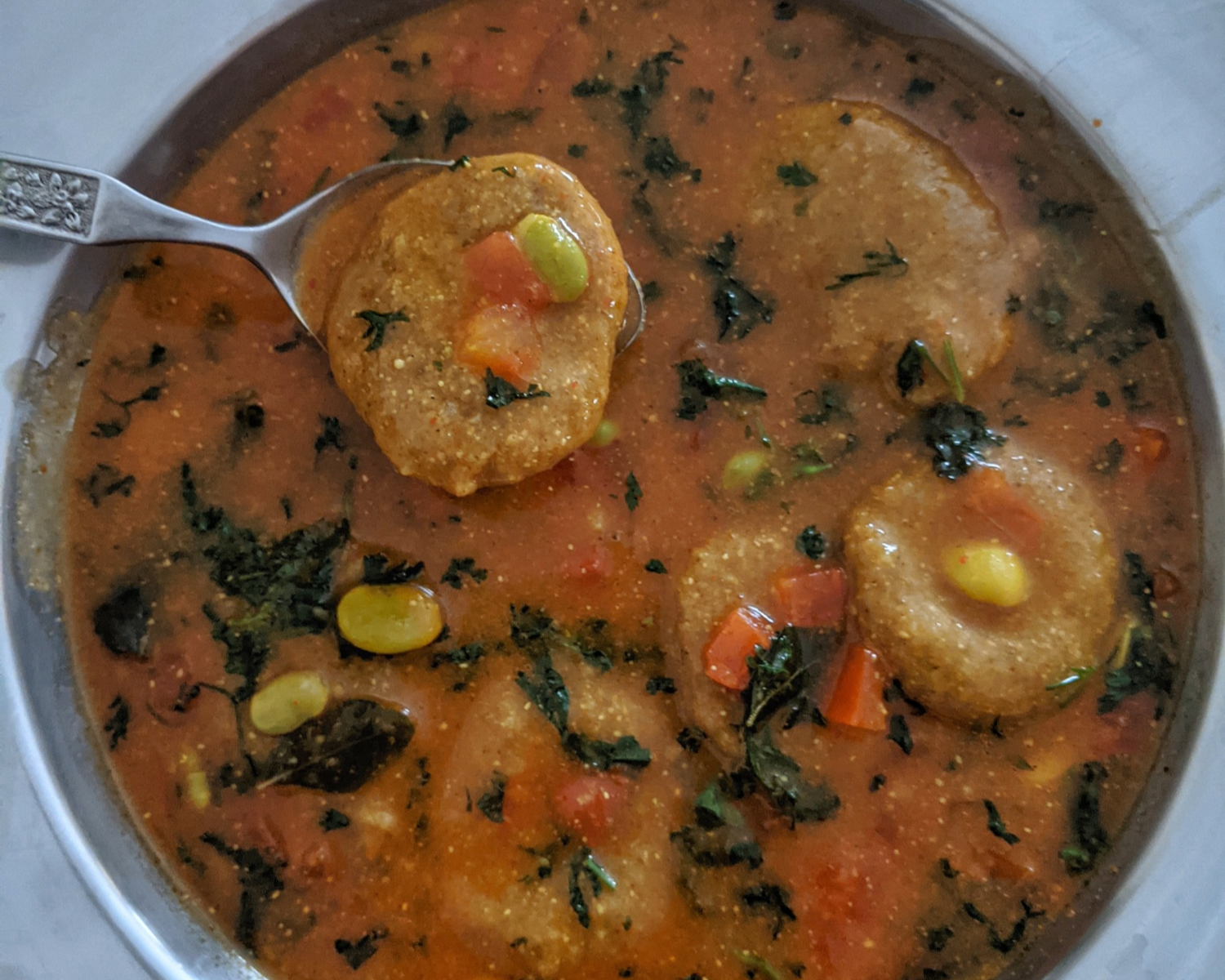
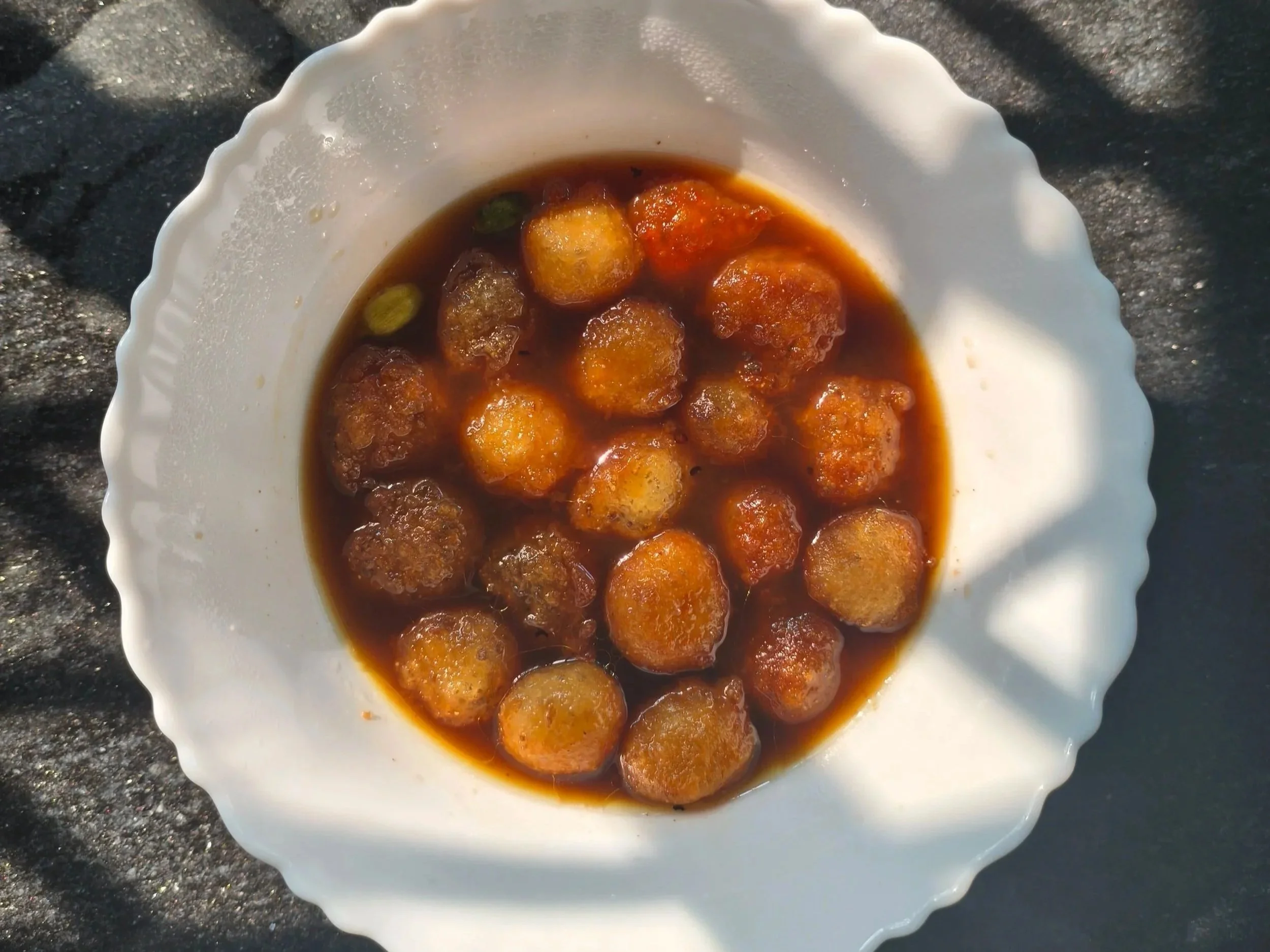
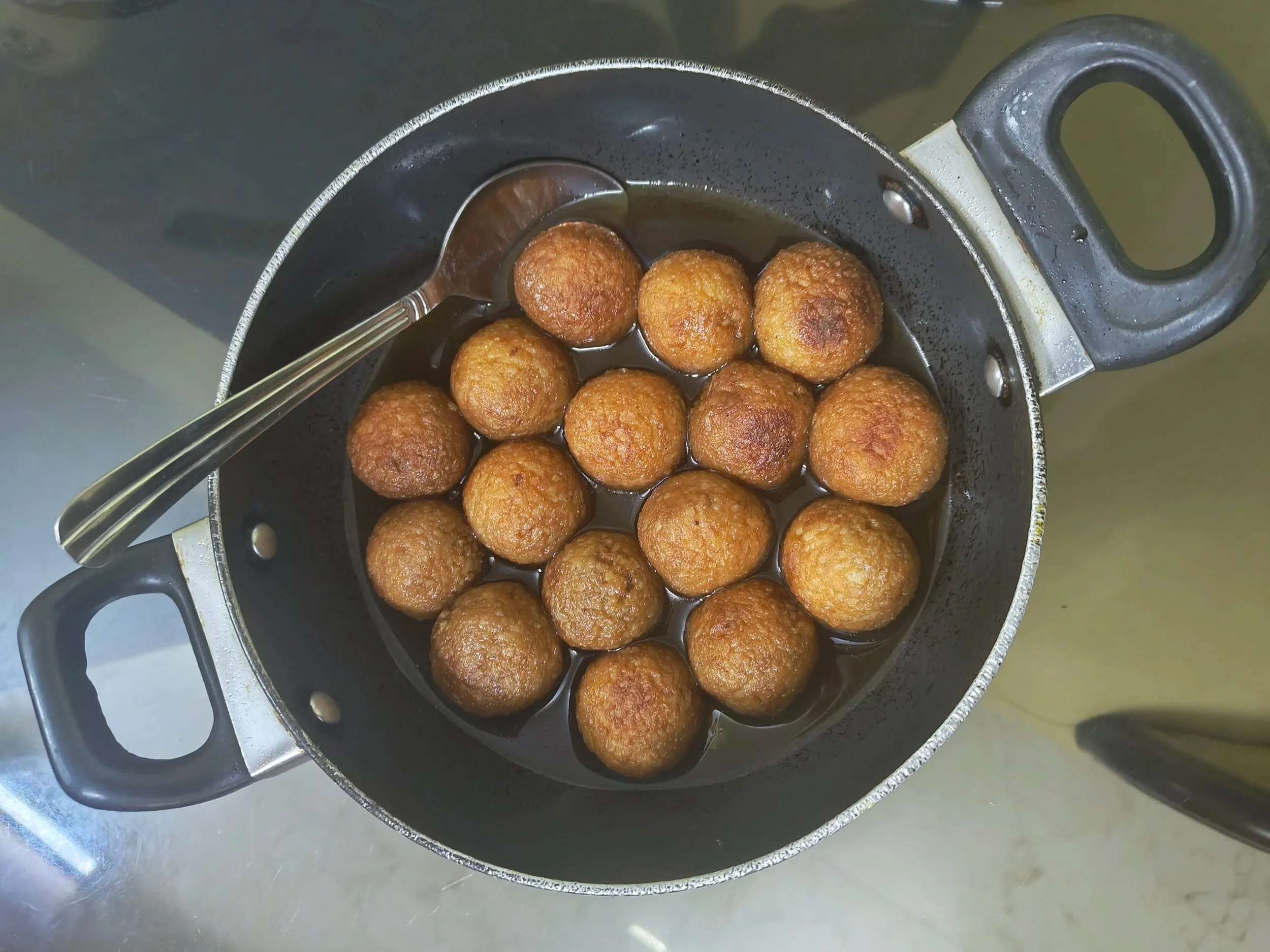

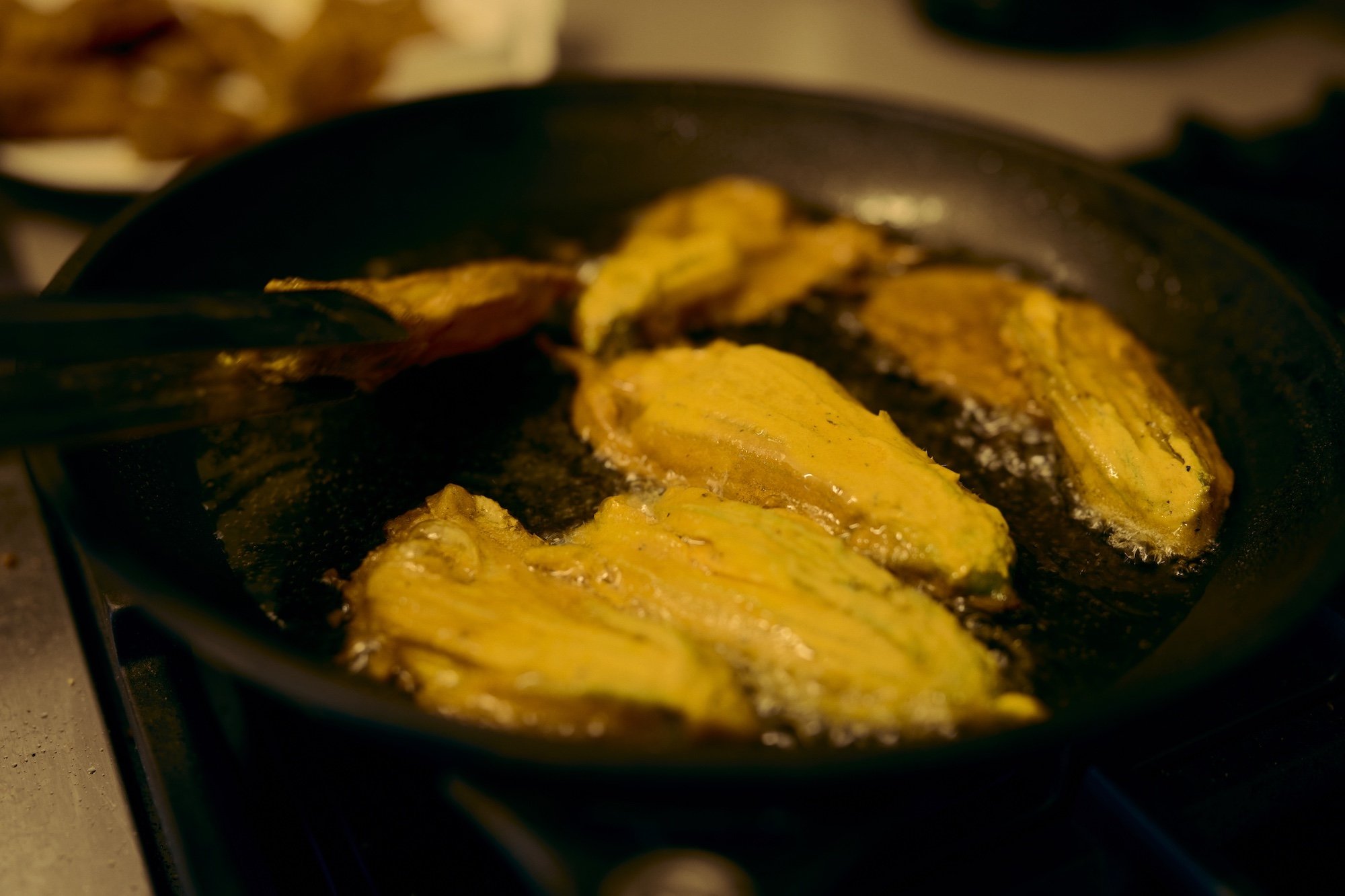
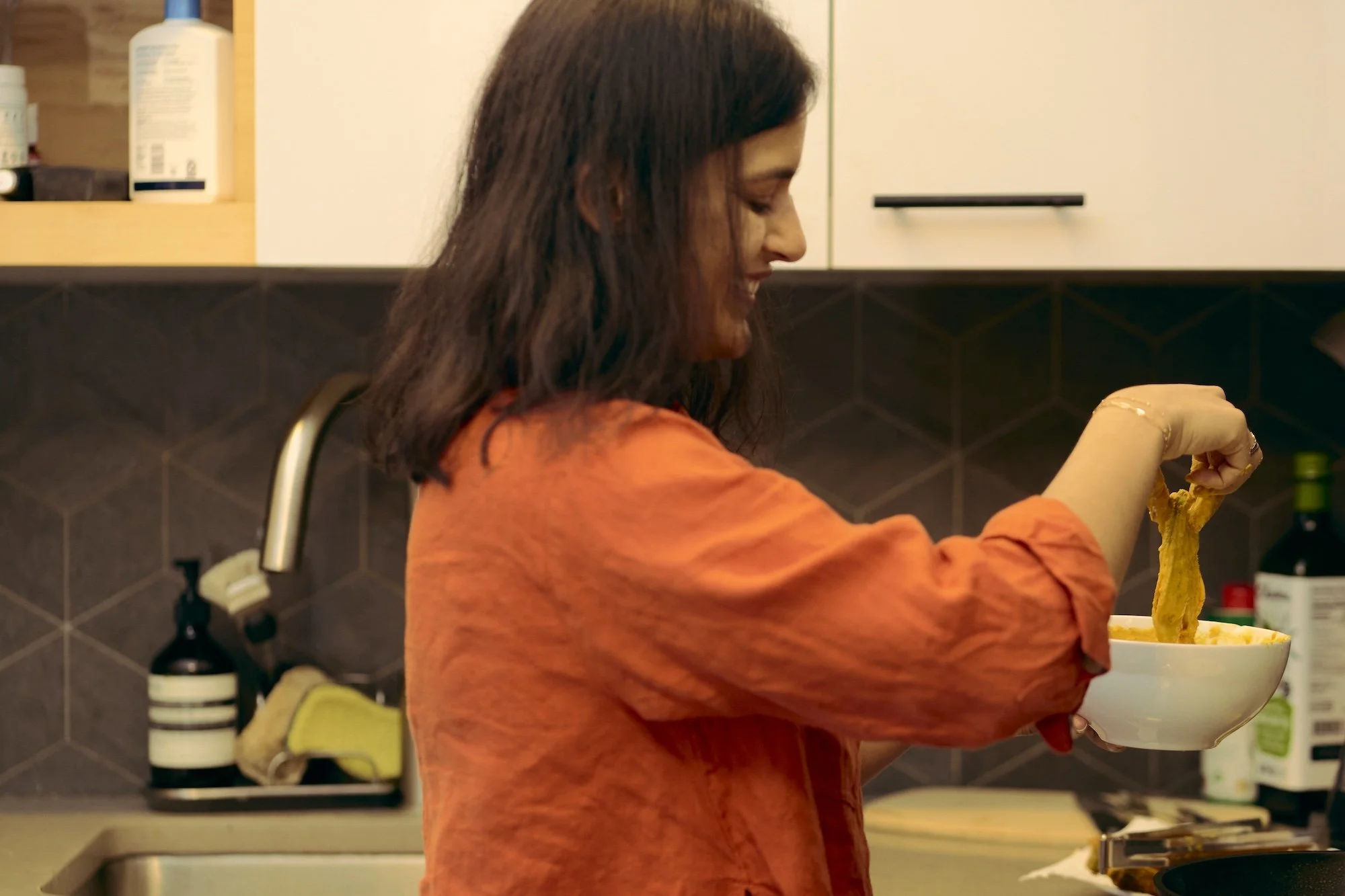
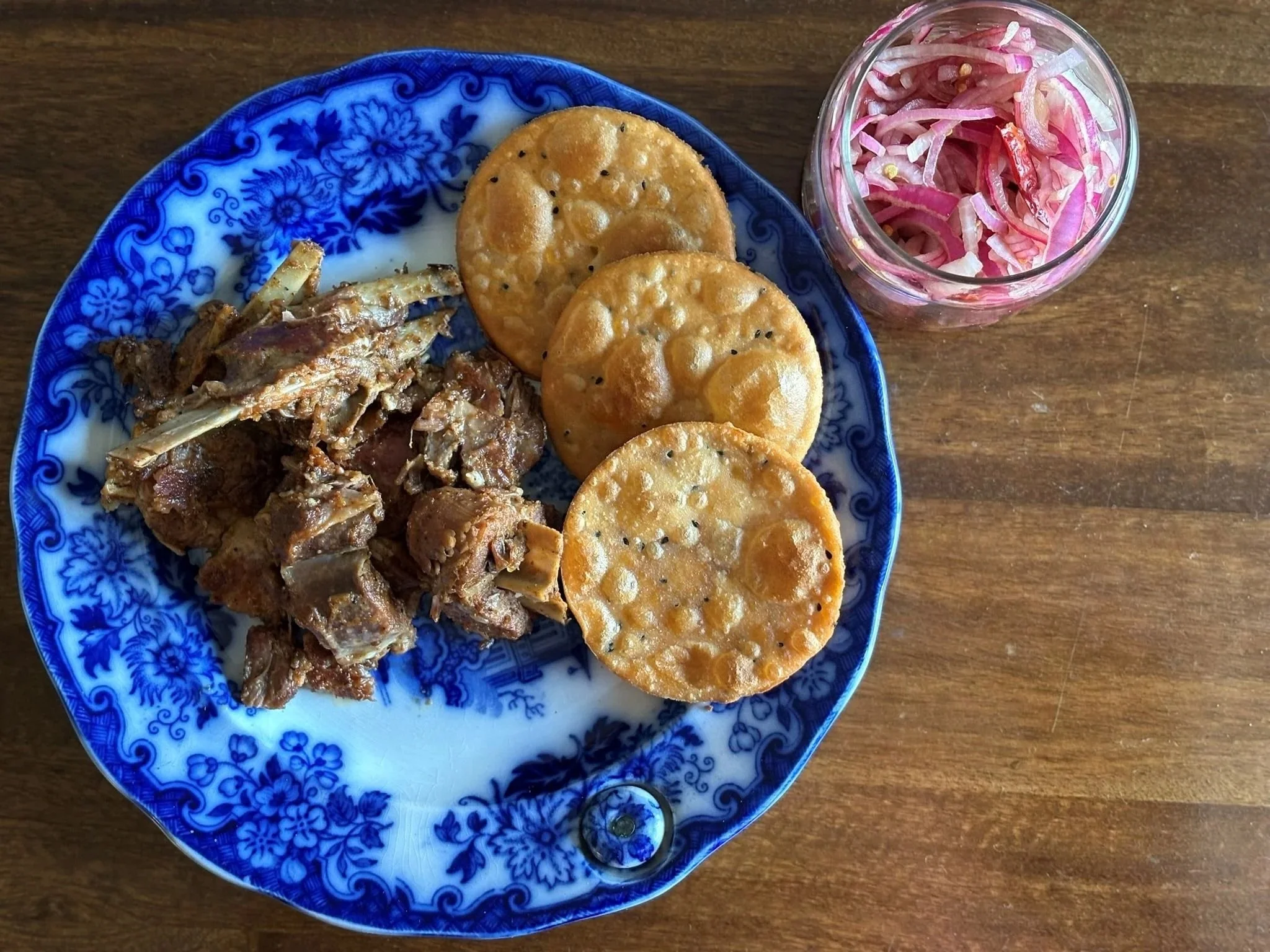
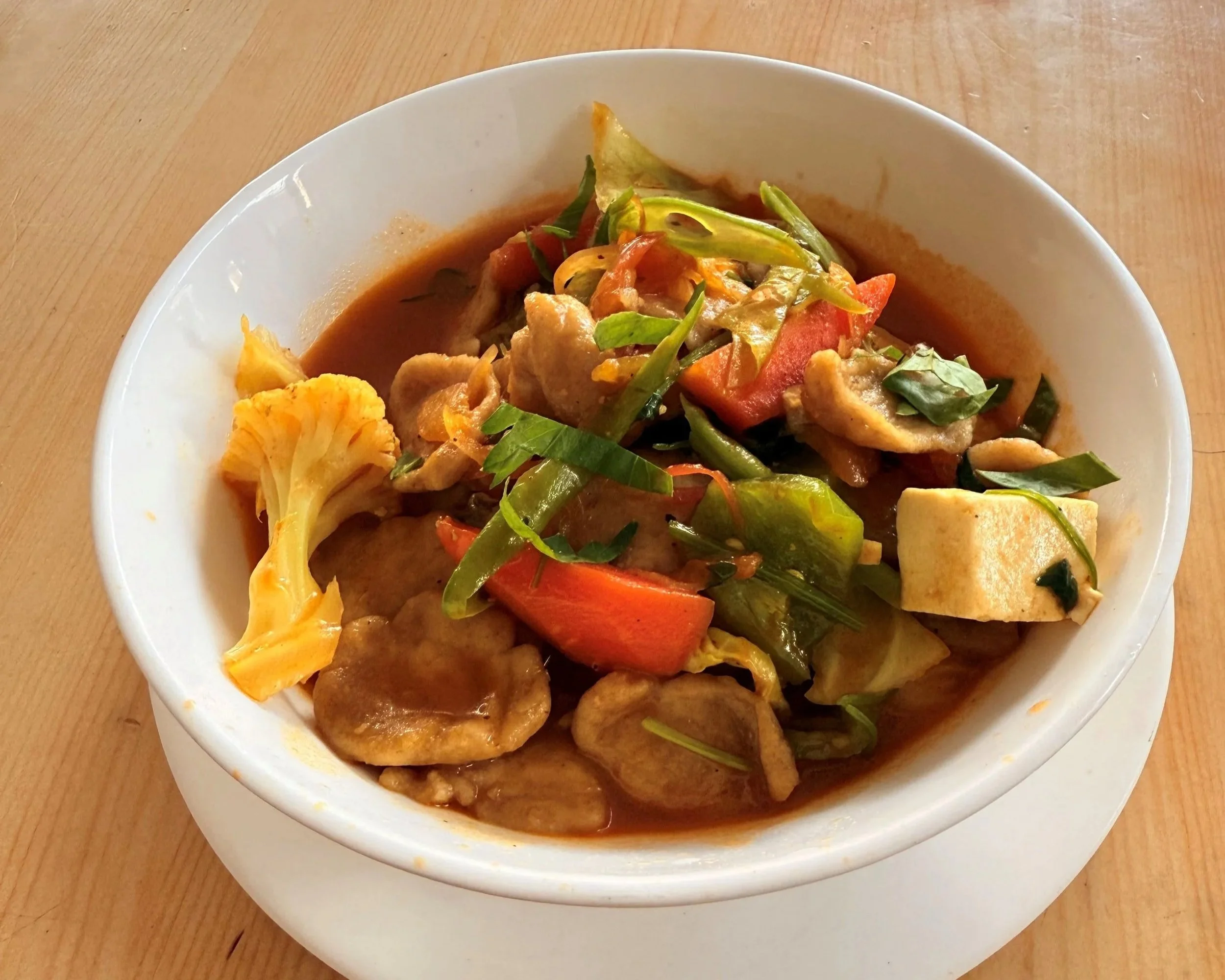
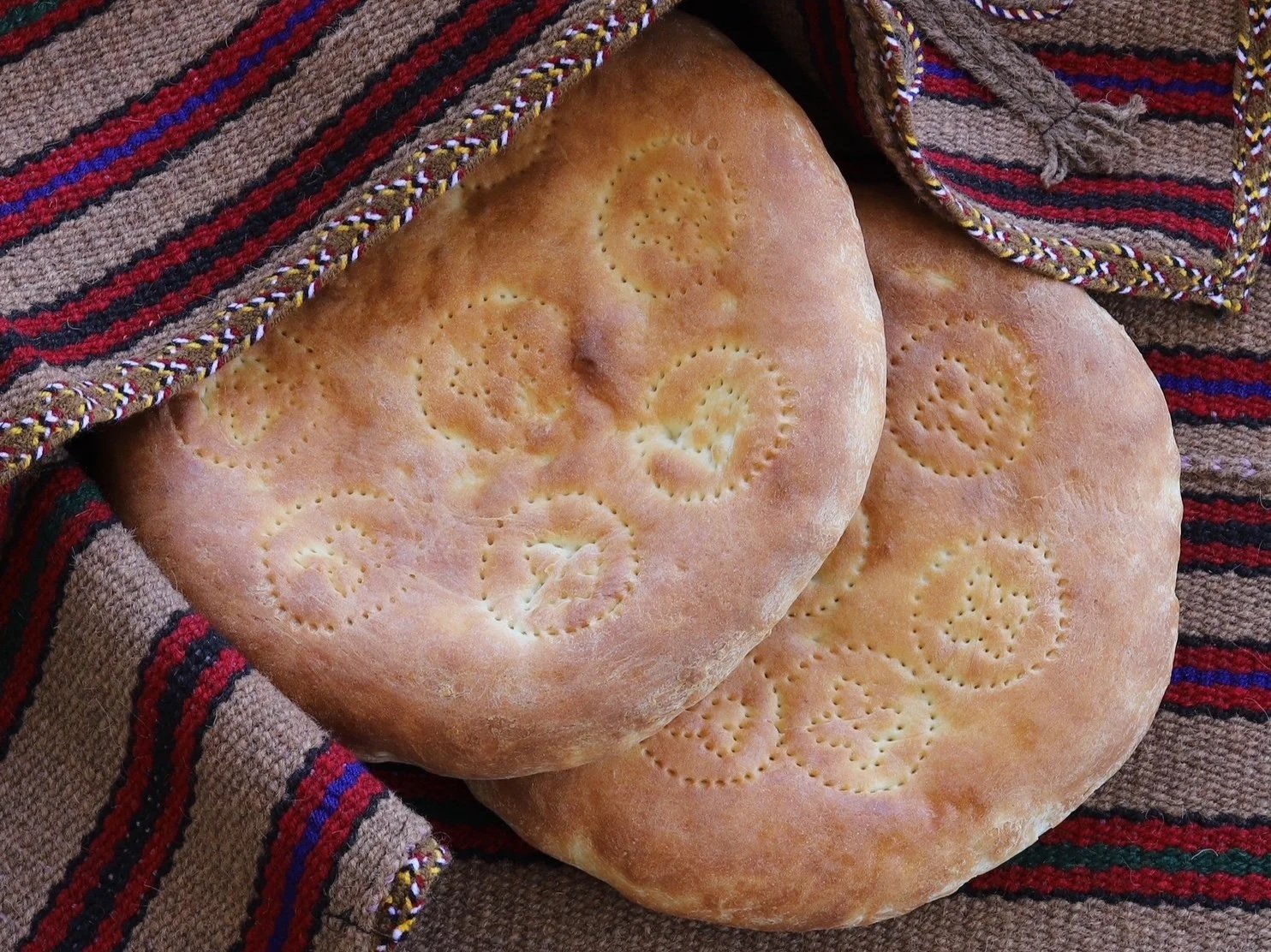
Neo-nomad cuisine of Central Asia | Terrence Manne